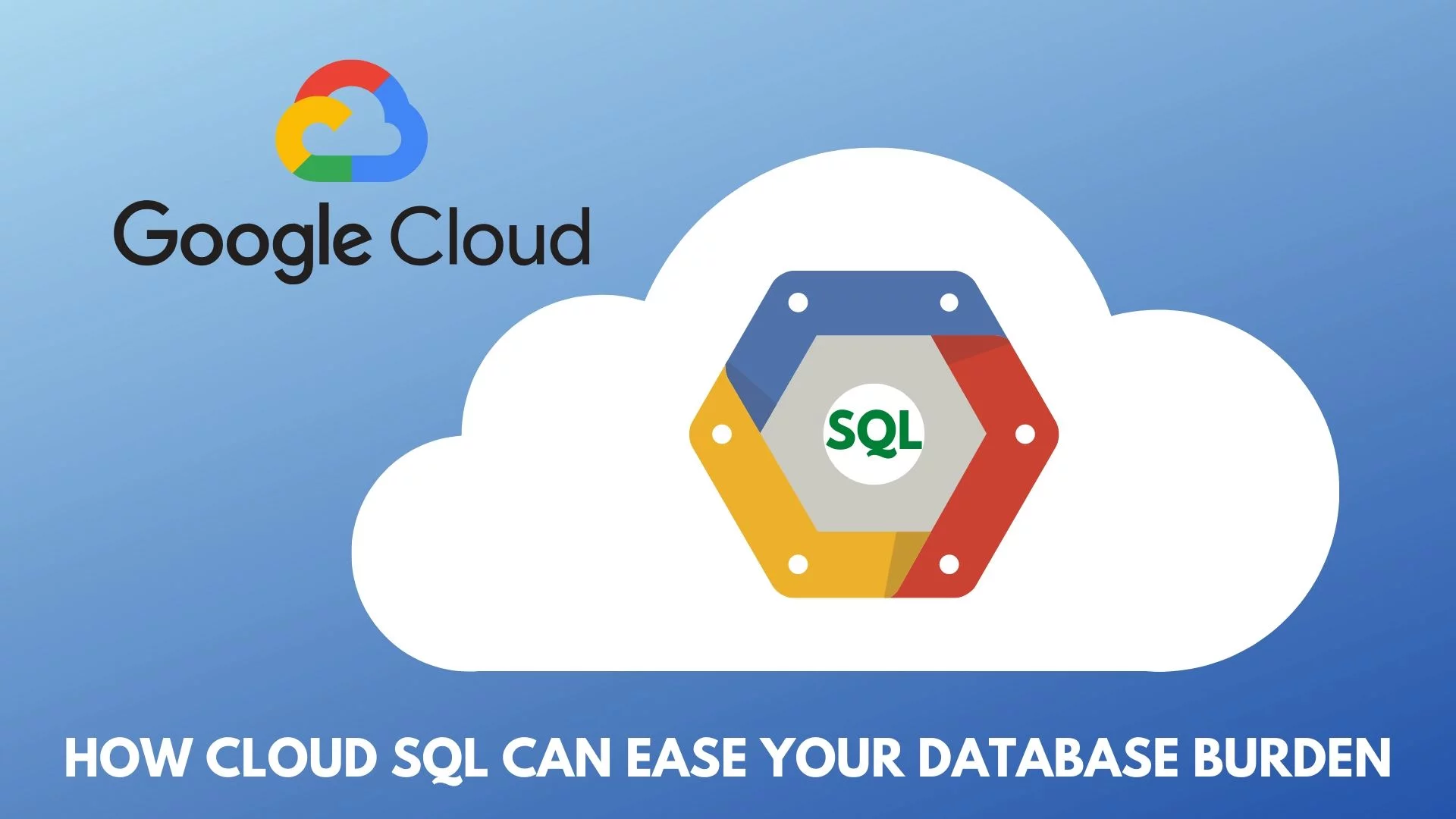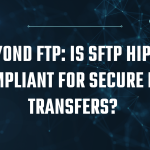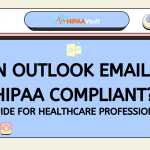
Like never before, businesses must contend with an explosion of data to be analyzed, stored if necessary, and quickly retrieved in order to solve problems and meet business goals.
For healthcare especially, highly secure and available databases are critical to access life-saving information and provide key services.
How efficiently and affordably an organization can manage this will depend in large part on their data platform.
Case in point: HIPAA Vault regularly works with health companies and their associates for which these greater processing requirements have become taxing to their legacy systems. These increased workloads typically result in:
- general system inconsistency and unreliability
- slowness caused by data replication
- manual intervention required to set up replication for new databases
- inability to achieve “point in time” restoration capabilities
- consistent overhead due to your operating system consuming resources
- an inability to seamlessly scale for future growth
If any of these describes your system, your servers and local data warehouse are likely operating at capacity. If so, your data platform architecture needs an overhaul. We can help.
These companies suspect that upgrading their legacy hardware and IT resources may represent significant ongoing expenses – and they’re right. Licensing, capital equipment, and projected operating and maintenance costs can be a serious drain on resources – not to mention more time-intensive for their staff.
Enter Cloud SQL, by Google. A fully managed, secure database service, Cloud SQL provides the infrastructure needed to scale seamlessly, without new equipment procurements or time-consuming manual interventions by your staff. It also supports applications using MySQL, PostgreSQL, and SQL Server, automates backups and replication, and ensures high availability for your database (through distribution across multiple host zones) even in the event of a data breach attack.
The Added Benefits of Cloud SQL
Cloud SQL greatly simplifies the setup, management, and administration of relational databases. Google’s straightforward graphical user interface allows for the creation of new database instances in minutes – with no complex commands to wrestle with. Cloud SQL also coordinates seamlessly with Google’s Kubernetes Engine, App Engine, and Compute Engine services.
For those struggling with storage and speed concerns, these have also been addressed by Google. With 100s of Gigabytes of storage and up to 16 gigabytes of RAM, Cloud SQL allows for greater performance, caching, and higher speeds. In addition, Cloud SQL seamlessly integrates with other Google products like Google sheets, with no additional configurations necessary.
Security
All our customers, and especially those who are bound by HIPAA requirements, need to know that their data will be protected. With over 500 security experts working continuously to provide “zero trust security” and preserve a 99.95% uptime service-level agreement (SLA), you can be sure your data will remain stable, and highly available. Google also handles the patching, updates, backups, and configuring of replications, so your team is freed up to focus on what they do best – application building. Google’s use of standard wire protocols also allows these applications to connect from almost any place, at any time.
Encryption
Google’s Cloud Storage guarantees to “always encrypt your data on the server-side, before it is written to disk, at no additional charge.” Cloud SQL customer data, whether in database tables, temporary files, or backups will be protected with 256-bit Advanced Encryption Standard (AES-256), with symmetric keys. (This means that the same key is used to encrypt the data when stored, and to decrypt it when the data is used. Google also encrypts the keys themselves with a master key, stored in a secure key store, and changes it regularly).
Cloud SQL is compliant with HIPAA, SSAE 16, ISO 27001, and PCI DSS v3.0. For protecting data in transit, HIPAA Vault will ensure that SSL is configured and all appropriate end-to-end data protections are in place.
Note: Those with enterprise workloads who have depended on SQL Server 2008 faced end-of-life concerns in July 2019. For many, this has been a catalyst to consider modernizing, migrating these instances from on-prem environments to newer technology. In this way, they can maintain compatibility while enjoying greater efficiency and cost savings.
HIPAA Vault is a leading provider of HIPAA compliant solutions, enabling healthcare providers, business organizations, and government agencies to secure their protected health information from data breaches, threats, and security vulnerabilities. Customers trust HIPAA Vault to mitigate risk, actively monitor and protect their infrastructure, and ensure that systems stay online at all times. In addition, HIPAA Vault provides secure email and file sharing solutions to improve patient communications, and participates in SBA 8(a), HUBZone, GSA, and DBE programs. For more information, please visit our website at www.hipaavault.com.





